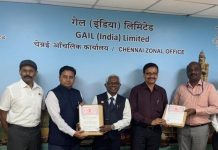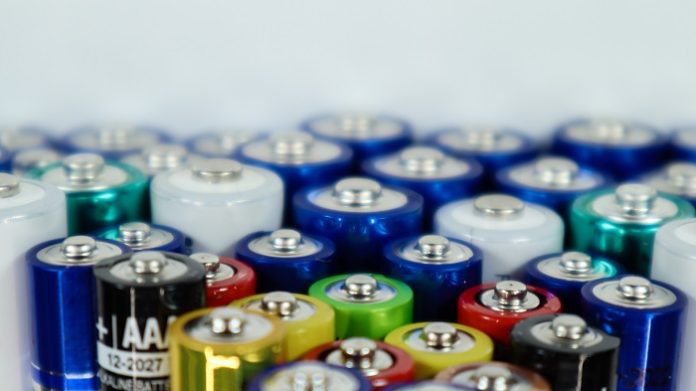The Ministry of Heavy Industries (MHI) is drafting a concept note to unite policymakers and establish schemes that promote manufacturing advanced-chemistry battery cell components.
Vijay Mittal, joint secretary of the ministry, shared the development during the fourth India Battery Manufacturing and Supply Chain Summit held in New Delhi.
“These initiatives will focus on financial support, policy regulations, and simplifying business processes to encourage domestic production,” Mittal said, emphasizing the government’s commitment to fostering a robust battery manufacturing ecosystem in India.
India’s Progress in Battery Cell Manufacturing
India has already made strides in battery pack assembly, with further advancements spurred by the Production-Linked Incentive (PLI) scheme for advanced chemistry cells.
Through the initiative, three companies have signed agreements to establish a combined capacity of 40 GWh for cell manufacturing.
To expand these efforts, the ministry is preparing for a bidding process. This process aims to allocate the remaining ten GWh capacity, with a focus on stationary storage technologies.
Mittal highlighted that cell manufacturing creates opportunities to develop domestic production of critical components. These include cathodes, anodes, separators, electrolytes, and cell packaging.
The approach aims to establish a fully integrated battery manufacturing framework within the country.
Emphasis on Domestic Value Addition
Mittal emphasized the need to achieve more than fifty percent domestic value addition (DVA) in manufacturing. This, he stated, is crucial to aligning with the ‘Make in India’ vision.
“Manufacturers achieving over fifty percent DVA in advanced-chemistry cell batteries or any other product qualify as Class one suppliers. This classification ensures they significantly contribute to India’s self-reliance goals,” he stated.
Recycling to Reduce Import Dependency
To address the limited availability of lithium resources in India, the ministry plans to promote battery recycling.
Mittal stressed the significance of retaining lithium within the country by reusing it in new batteries.
“He said recycling could be a game-changer. It would reduce dependency on imported raw materials and enhance self-sufficiency in battery cell manufacturing.”
India aims to strengthen its position in the global battery manufacturing industry. It also seeks to support sustainable and locally integrated production systems.
































